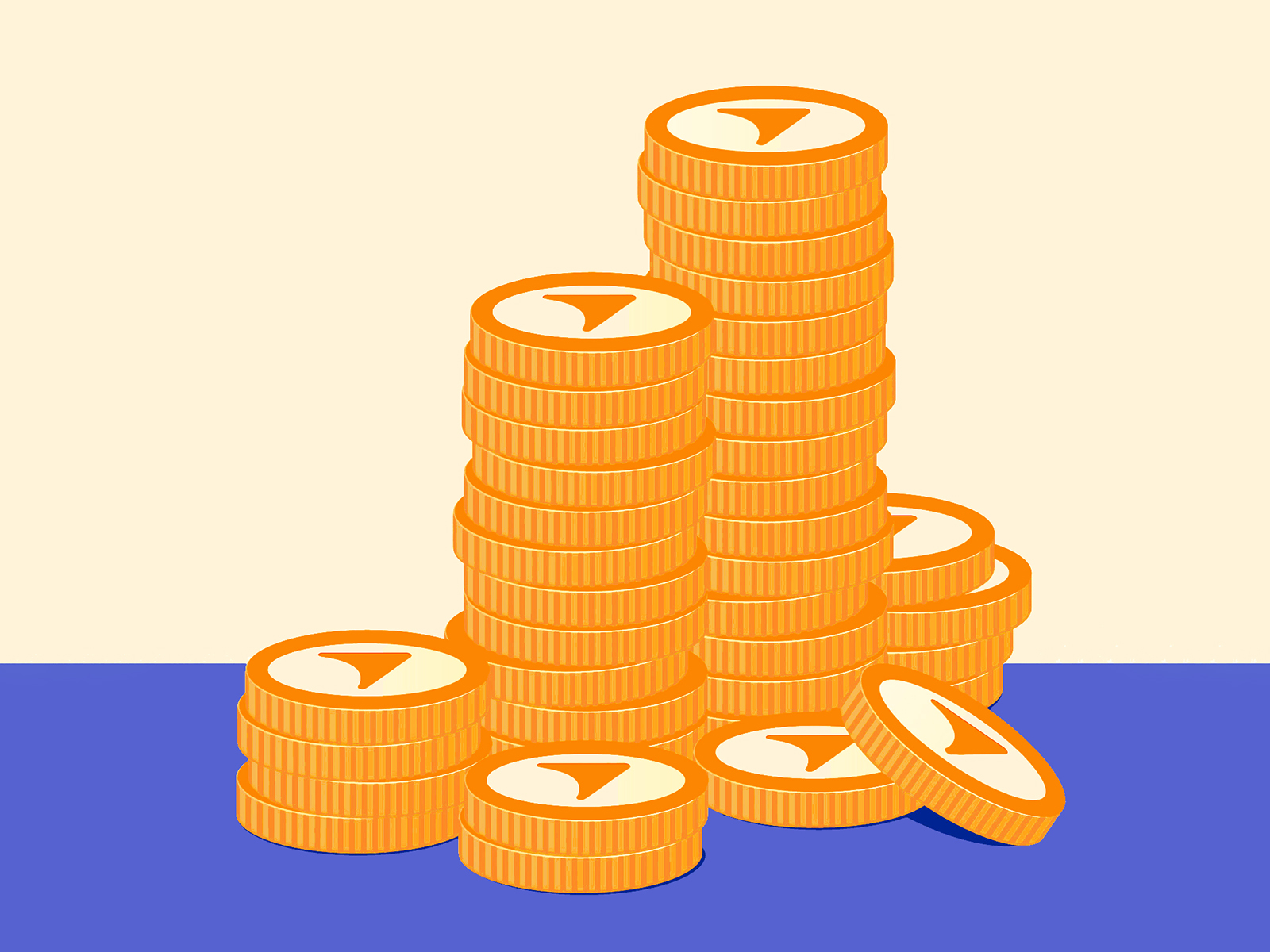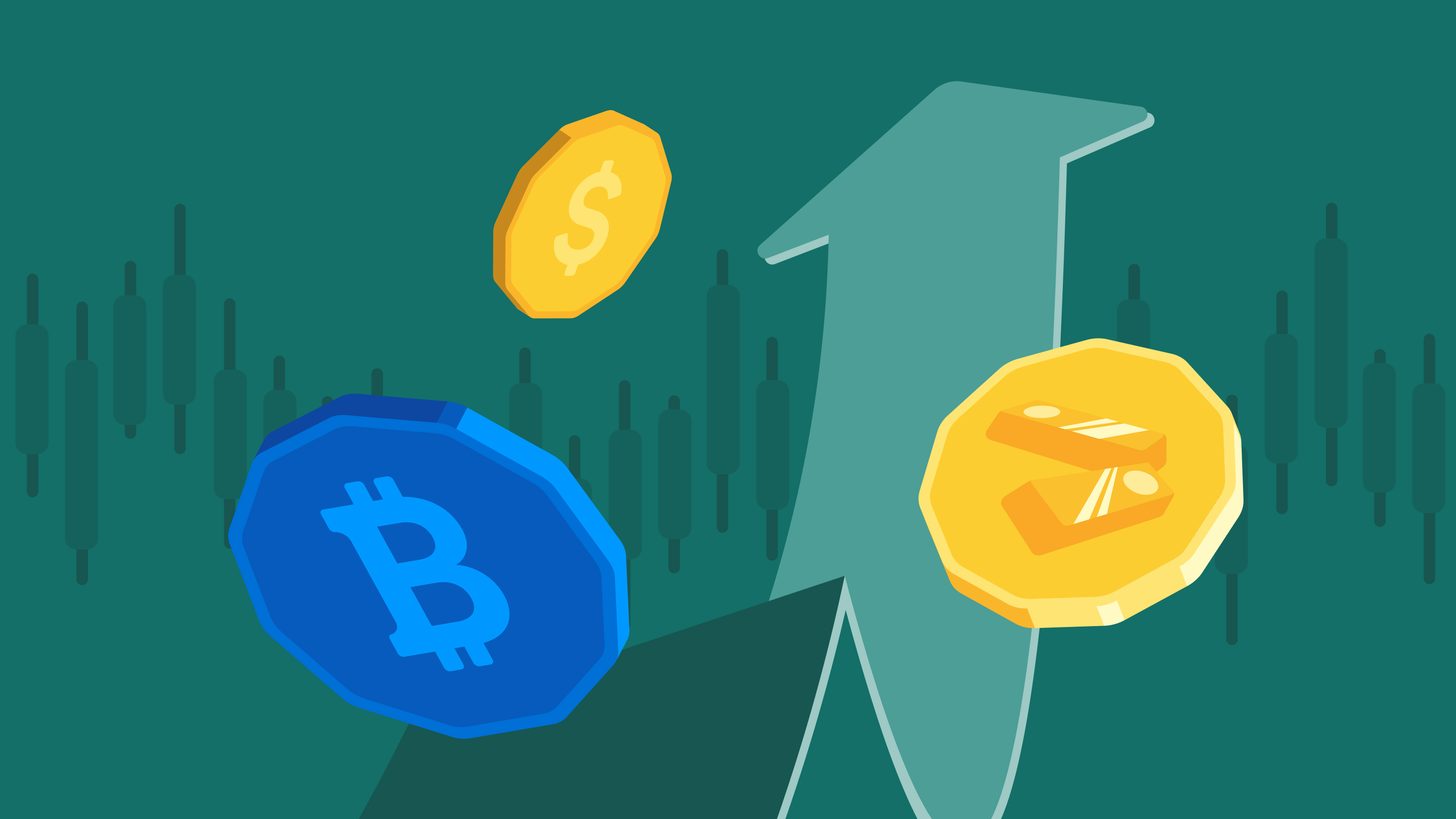How does the RRSP home buyers plan work
Saving up for a down payment on your first home can seem like a daunting task. Some Canadians opt to use the Home Buyers' Plan (HBP) to help raise their down payment.
The HBP is a program that allows first-time homebuyers to make a withdrawal of up to $60,000 from an RRSP (called an RSP at Tangerine) to help buy a home.
(The older withdrawal limit of $35,000 was increased to $60,000 in the federal budget for 2024.)
Normally when you withdraw funds from an RRSP, the funds are treated as taxable income, but withdrawals under the HBP are not taxed — provided you put back the money within a specified time-frame.
Here's how it works.
You need to qualify as a "first-time" home buyer
You can use the HBP as long as you qualify as a "first-time home buyer," and it's actually possible to qualify as a first-time home buyer more than once in your life. To be eligible, neither you nor your partner owned a home that was your principal residence during the four calendar years before the year you plan to use the HBP.
For more details and additional eligibility requirements, check the Government of Canada's website.
Your withdrawal has to be paid back
To make an HBP withdrawal of up to $60,000 per person (so a total of $120,000 for a couple), you need to submit a T1036 form to the financial institution where your RRSP/RSP is held. You have up to 15 years to repay the full amount back to your plan, but the 15-year repayment period doesn't start right away. There’s a two-year grace period before the repayments begin.
Additionally, as announced under the 2024 federal budget, the grace period has been extended by three years for Canadians who make an HBP withdrawal between January 1, 2022 and December 31, 2025. If you fall into that category, you aren’t required to start making repayments for up to five years.
Although you have up to 15 years to repay the funds you withdrew under the Home Buyers' Plan, you're expected to make payments each year. The annual repayments required are 1/15th of the original withdrawal amount. So if you borrowed $15,000 from your RSP under the HBP, the annual payment required would be $1,000 per year for 15 years. Repayments under the HBP don't generate tax relief like a regular RSP contribution. Remember, you're paying back what you withdrew, and would've received the tax benefit when you originally contributed the money.
You can make repayments into a different account
When you're contributing to your RSP with the intention of using the Home Buyers' Plan program in the near future, you might choose to use a low-risk investment option, such as a GIC, since you may not want to risk exposing your down payment amount to the short-term fluctuations of a stock market investment.
But when you make repayments as part of the Home Buyers' Plan, there is no requirement to make those repayments to the same RSP account that you withdrew from.
More information on the HBP can be found on the Government of Canada website.









